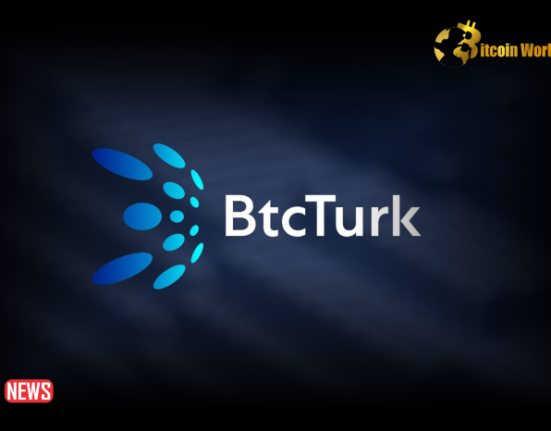South Korea’s financial authorities are investigating global crypto exchange OKX for potentially illegal operations within the country, according to local news reports.
This follows accusations that OKX promoted its services to South Korean users without proper registration.
The Digital Asset Exchange Association (DAXA), representing leading South Korean crypto exchanges, reportedly brought OKX’s activities to the attention of the Financial Intelligence Unit (FIU) in February 2024.
This triggered an investigation into whether the exchange violated regulations by targeting South Korean investors without being registered.
See Also: OKX Launched Crypto Exchange Services And Non-custodial Web3 Wallet In Argentina
News1, a South Korean news outlet, reported that OKX specifically promoted its “Jumpstart” token sales platform to local users, despite not offering a Korean-language website and lacking proper registration.
The report claims OKX even used South Korean influencers on Telegram to attract investors.
South Korea has strict regulations requiring crypto exchanges to register before offering services to residents.
Failure to adhere to these regulations can result in hefty penalties from financial regulators.
Recently, the authorities announced that crypto executives have to be registered before being able to commence their position.














